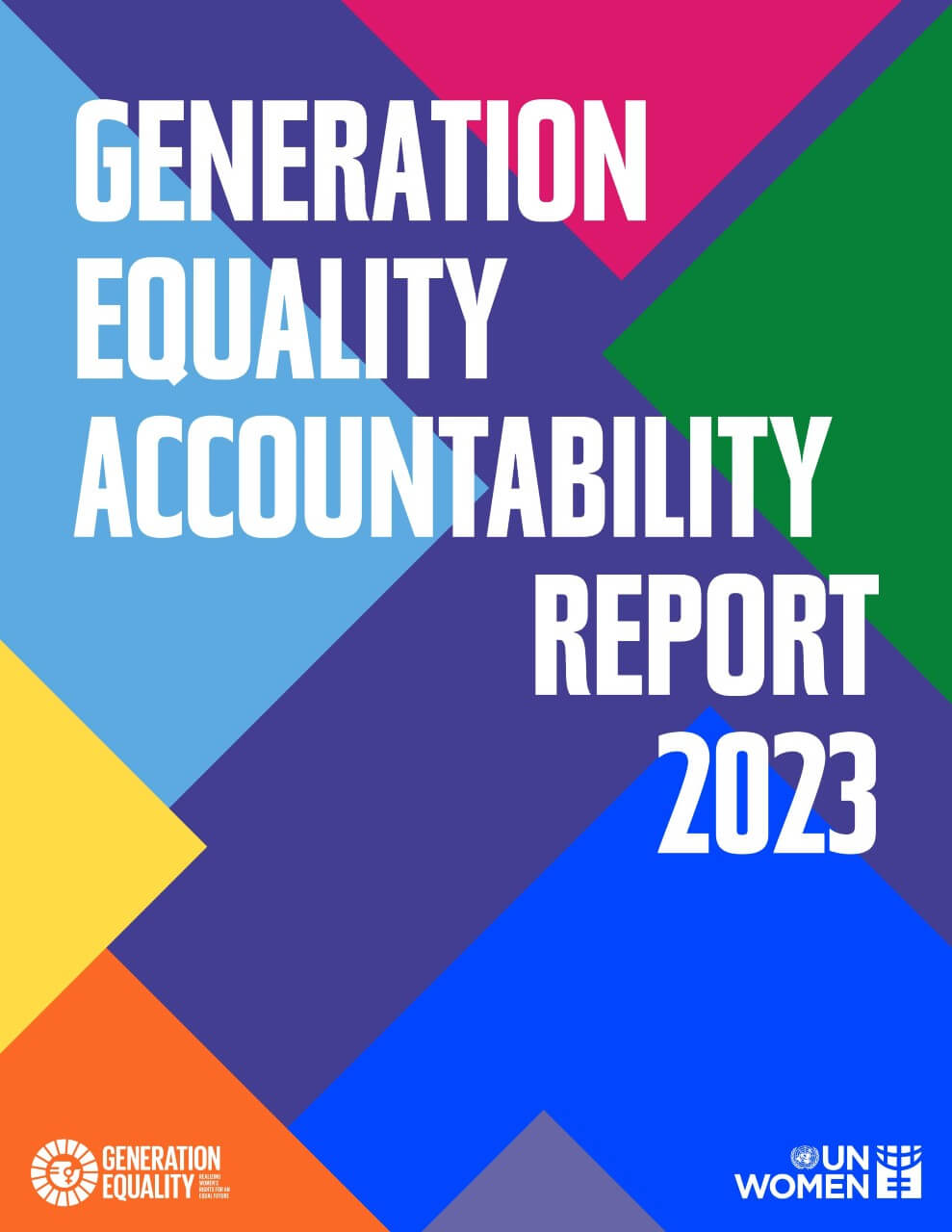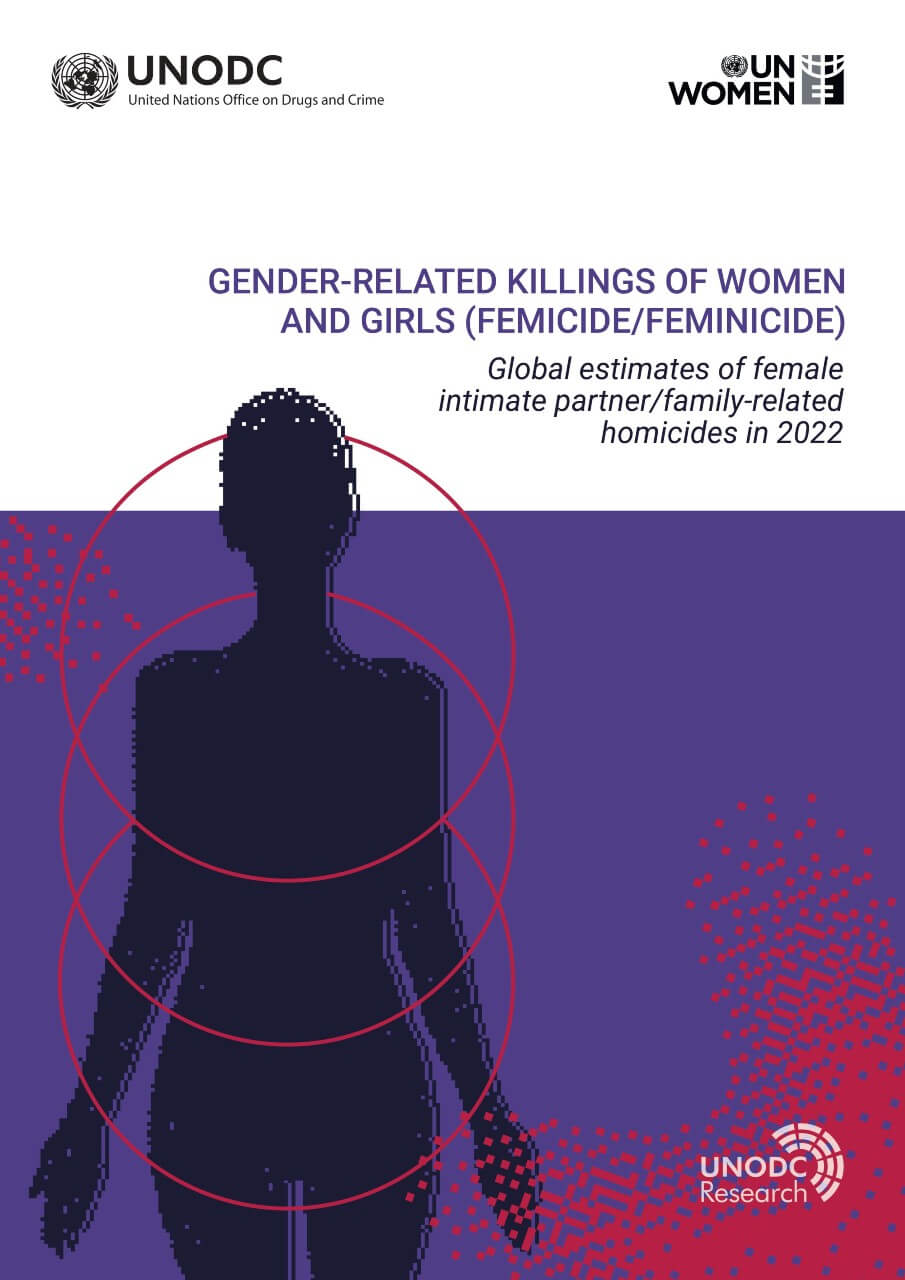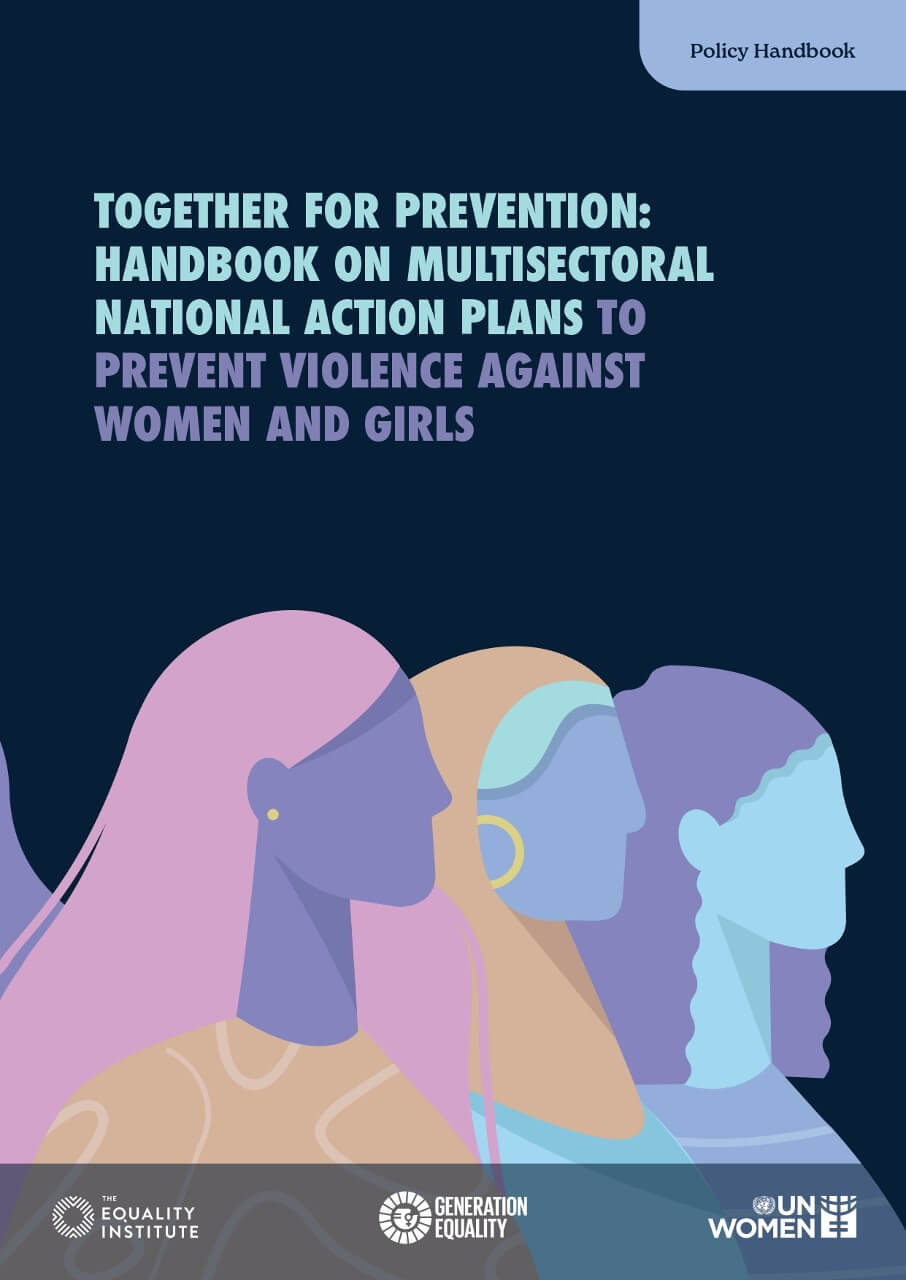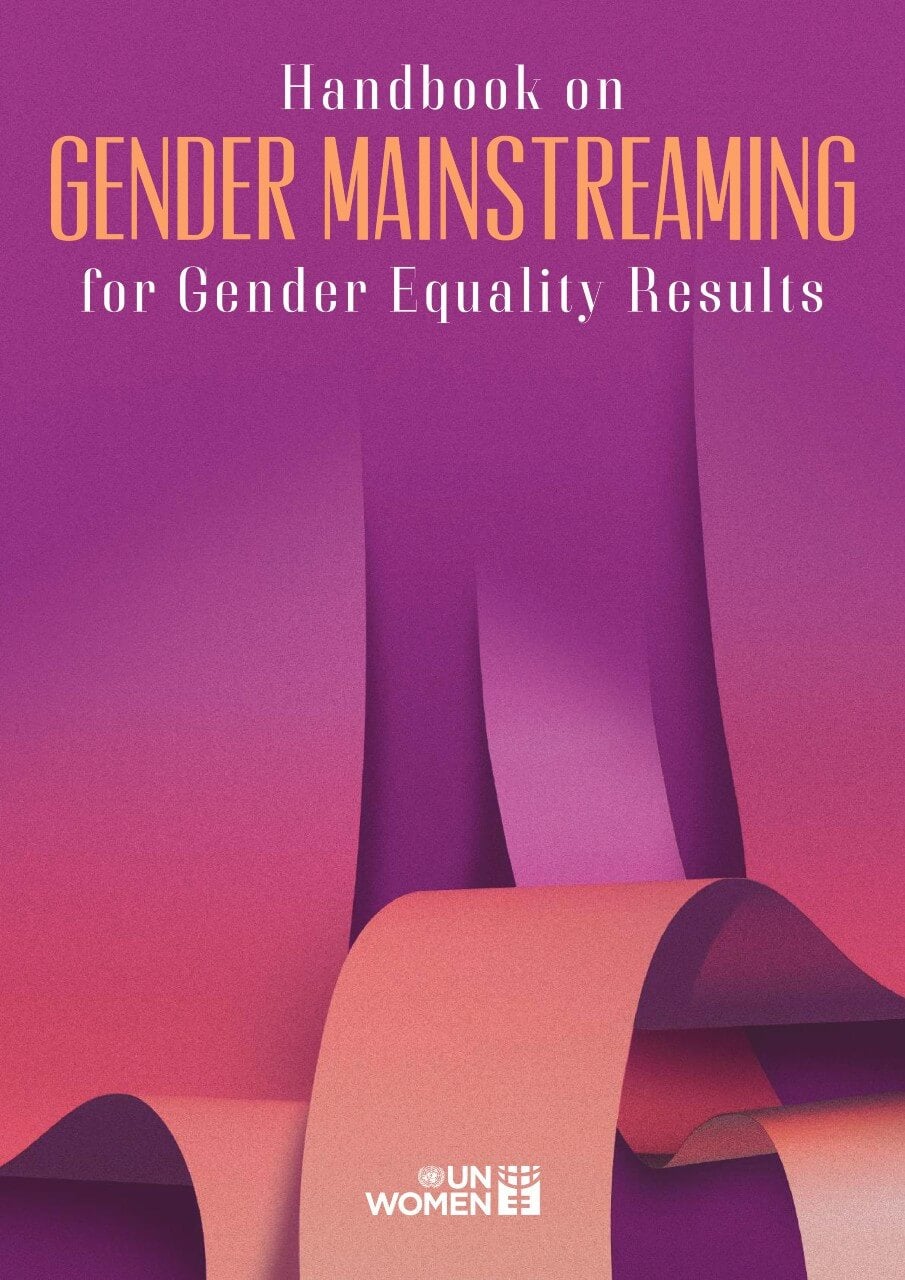The sixty-ninth session of the Commission on the Status of Women will take place from 10 to 21 March 2025.
This year marks the thirtieth anniversary of the Fourth World Conference on Women and adoption of the Beijing Declaration and Platform for Action (1995).
The main focus of the sixty-ninth session will be on the review and appraisal of the implementation of the Beijing Declaration and Platform for Action and the outcomes of the 23rd special session of the General Assembly.
The Commission on the Status of Women (CSW) is the principal global intergovernmental body exclusively dedicated to the promotion of gender equality and the empowerment of women.
A functional commission of the Economic and Social Council (ECOSOC), it was established by UN Economic and Social Council resolution 11(II) of 21 June 1946. The CSW is instrumental in promoting women’s rights, documenting the reality of women’s lives throughout the world, and shaping global standards on gender equality and the empowerment of women.
In 1996, ECOSOC in resolution 1996/6 expanded the Commission’s mandate and decided that it should take a leading role in monitoring and reviewing progress and problems in the implementation of the Beijing Declaration and Platform for Action, and in mainstreaming a gender perspective in UN activities.
Each year, ECOSOC issues a document entitled "Election of members of the functional commissions of the Economic and Social Council" that lists the current members of all the functional commissions in the annex [document symbol: E/YYYY/9].
Membership information of the CSW is also annexed in the Annotated provisional agenda and proposed organization of work for each session (document symbol: E/CN.6/YYYY/1). In 1984-1985, the documents were issued in A/CONF.116/PC/INF.3 and A/CONF.116/PC/INF.5 respectively.
CSW membership comprises 45 States elected by ECOSOC on the basis of equitable geographical distribution as follows:
New members are elected for a four-year term when the term of the incumbent expires.
Since 1987, the CSW has been adopting multi-year programmes of work that contain priority themes for discussion and action at its annual sessions.
The CSW makes recommendations in the form of negotiated agreed conclusions on the priority themes. These are issued annually. They contain an analysis of the priority theme and a set of concrete recommendations for governments, intergovernmental bodies, other institutions, civil society actors, and other relevant stakeholders.
Agreed conclusions are available from the UN Women website and searchable from the United Nations Digital Library.
The first Security Council resolution on Women, Peace and Security was adopted as S/RES/1325 on 31 October 2000. This video tells the story of the resolution.
 Generation Equality Accountability Report 2023
by
Generation Equality Accountability Report 2023
by
 Gender-related killings of women and girls (femicide/feminicide): Global estimates of female intimate partner/family-related homicides in 2022
by
Gender-related killings of women and girls (femicide/feminicide): Global estimates of female intimate partner/family-related homicides in 2022
by
 Together for prevention: Handbook on multisectoral national action plans to prevent violence against women and girls
by
Together for prevention: Handbook on multisectoral national action plans to prevent violence against women and girls
by
 Handbook on gender mainstreaming for gender equality results
by
Handbook on gender mainstreaming for gender equality results
by
 Gender Equality and the Empowerment of Women and Girls.
by
Gender Equality and the Empowerment of Women and Girls.
by
 Progress on the Sustainable Development Goals: The gender snapshot 2022
by
Progress on the Sustainable Development Goals: The gender snapshot 2022
by
 Gender Analysis in Technical Areas: Digital Inclusion
by
Gender Analysis in Technical Areas: Digital Inclusion
by
 Measuring Gender Equality
Measuring Gender Equality